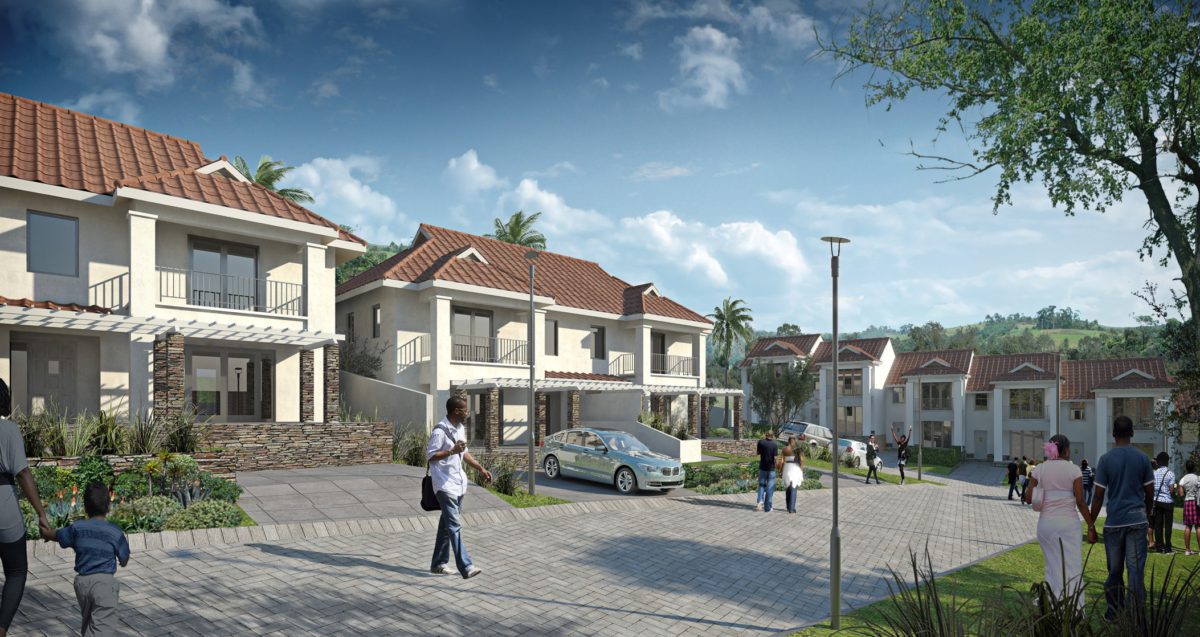UGANDA, Kampala | Real Muloodi News | On 18th June 2021, President Yoweri Museveni announced a new lockdown as Covid-19 cases rose in Uganda. The new restrictions impact socio-economic activities, such as reduced spending, business closures, loss of rental income, to name a few. Going by the last lockdown, a fall in the economy is likely to follow, affecting both the residential and commercial real estate sector.
This article will explore how the lockdown is likely to affect the real estate sector in Uganda.
How the Second Lock Down is Affecting the Real Estate Sector
Buyer’s Income/Spending Power
If the Bank of Uganda repeats its rules from the first lockdown and suspends all dividends and bonus payments, potential real estate buyers’ incomes will be affected.
The rule applies equally to all other private companies who may let go of employees, make salary reductions, or suspend bonuses. During the first lockdown, most people had to dip into their savings to survive. Since then, people have been more careful with their spending and holding on to their money. The second lockdown is likely to make potential real estate investors even more reluctant in times of uncertainty.
Retail Sector
The impact in the retail sector is severe. Vendors and business owners may not be able to keep up with rents due to decreased business activities. Therefore rates will increase in the retail sector. As the government opened up the economy after the first lockdown, most tenants could not raise rent arrears. As a consequence, this shuttered their businesses.
Mortgage Market
The mortgage market suffered immensely during the last lockdown. Housing Finance Bank reported that many who depended on rental income to pay their instalments could not do so. Sadly, this may impact mortgage markets, similarly as we emerge from this second lockdown.
Likewise, we are likely to see a spike in foreclosures, as banks sell off properties because they have failed to pay loans. While this is devastating for those that lost their properties, it could be an advantage for investors looking to pick up properties at a reduced rate.
Migrant Workers
Ugandans working abroad contributed approximately 4.5 per cent to Uganda’s Gross Domestic Product. As of 2019, Uganda had a workforce of over 165,000 people in the Middle East, remitting up to Shs2.4 trillion; during the first lockdown, this number dropped drastically. This trend may continue as the UAE has once again banned flights from Uganda. As revenue coming into the country decreases, so does the purchasing power of potential real estate buyers.
Imports/Exports Reduction
The economy has also continued to see fewer exports and fewer imports, especially from China and other countries such as India and the UK, which once again reflects reduced disposable income for potential real estate buyers.
The silver lining is that experts believe that once we are out of the lockdown, businesses will recover, and transactions will gradually increase, and many Ugandans will still have the money to invest in the real estate sector. With the new crude oil pipeline project, Kampala expects to see a growth in rental occupancy driven by the demand from the oil and gas sector.
Shankar Shastri, Joint MD of Sterling Developers, shared that although visits to site offices have reduced due to the Covid-19 regulations, those who visit are more genuine real estate investors.
Now that working from home is becoming the norm, more and more people are looking to invest in their homes to make them more suitable for work just like an office space.
READ MORE LIKE THIS:



